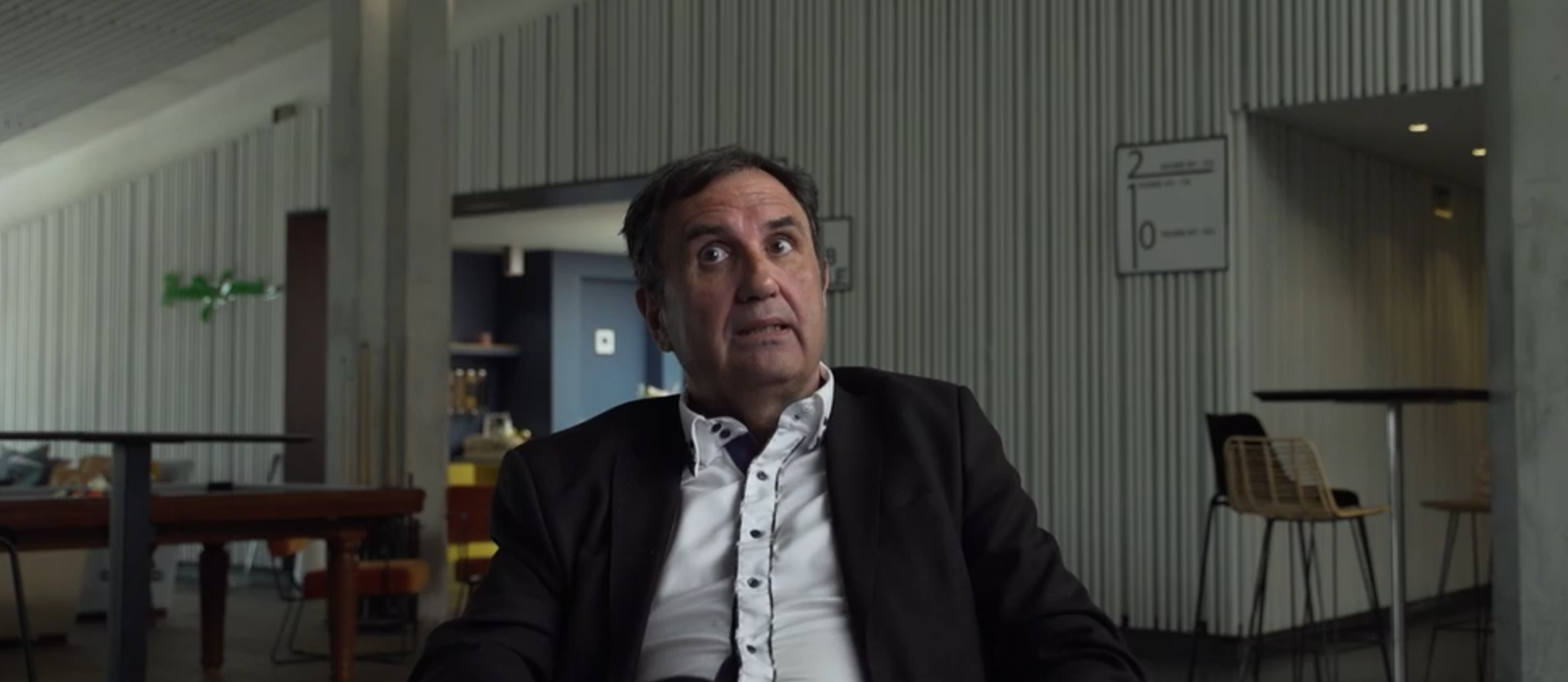

Do you get the right financial advice?
Only 13% of customers receive financial advice on products tailored to their needs and situation. An alarming figure that warns of the vulnerability in which many consumers around the world find themselves.
Going to the bank is synonymous with complex speeches where you never know for sure if they are selling you a good product or simply telling you its positive features. The lack of information and transparency favours, in many clients, the feeling of being deceived. According to a survey by Finance Watch, 87% of customers are in this situation, and only the remaining 13% hire products that they understand and adapt to their requirements. Below, we will give you the keys to recognizing if you are receiving the right advice.
First step: inform or advise
The first thing to keep in mind when talking about financial advice is that the European MIFID II regulation (2017), created to protect the investor, clearly differentiates the functions of informing and advising.
- Informing can be done by any bank employee, and consists of presenting the product information to the customer in a clear, precise, and detailed way. The more information the customer has, the more ability to make a good decision. But let us remark that it is only limited to presenting information, not recommendations or personal opinions.
- Advising, on the other hand, requires assessing the customer’s situation and needs in order to advise the most appropriate product. Advising does influence the client’s final decision, and therefore can only be done by people authorised and certified to do this task.
Requiring pre-contractual information
As specified in Article 7 of the 22/2007 Law, any contract made with a bank must provide the customer with pre-contractual information. The cost of the contract must be clearly detailed, as well as the conditions and risks of the contract to be signed. Without this, it is considered that the client does not have all the information at his disposal and therefore the contract may not be adequate.
In Spain, most entities have become commercial banks, and cross-selling or reactive selling has taken centre stage. They take advantage of the customer’s presence in the office -or even by telephone- to promote certain bank products. A sales process in which written information becomes secondary and advice, according to the survey’s figures, appears to be more focused on the bank’s interests than the customer’s needs.
Understand everything you sign
In this new scenario, the contracting process is usually quick and based on recommendations. Pre-contractual information loses prominence and is often skipped, moving directly to contracting. Only 40% of customers consider that they can choose wisely; the rest do not fully understand the information they receive.
In addition, digital signature systems are an added difficulty for customers, who frequently sign on a screen without even having access to the pre-contractual document. It is precisely at this point, in the understanding of products, where we must pay more attention as consumers and, as any jurist would recommend, not sign any product whose characteristics we do not know and understand.
Online advice, an added difficulty
Finding personalised advice online is virtually impossible, as many banks simply offer a platform that facilitates contracting by customers. There is no advice, but the client’s decision is guided from actions as simple as the presentation of information.
First, the basic information is presented very concisely, which contributes to irrational sales. They highlight those key data that will make us click to have, for example, an instant loan on irresistible conditions. Once the interest has been captured, the pre-contractual and contractual information appears in a long and dense document which explains the real conditions of the product and the involvement of the consumer.
The difference is obvious: very few data to make the decision and multiple pages to detail the contract that lead the consumer to sign it without reading it, remaining with the initial data, and the risk that this entails.
Lack of financial advice, or lack of independence from it, can be considered bad practices if they condition the client’s final decision. Knowing this information is the basis for identifying these possible situations and understanding that, in any contracting, the customer must have the last word.
11Onze is the community fintech of Catalonia. Open an account by downloading the super app El Canut for Android or iOS and join the revolution!






Sí, cal revisar periòdicament les finances i assegurances per revisar si estan ben cobertes les necessitats pròpies, canviem molt ràpid I amb elles la forma de gestionar-les 👍
Totalment d’acord, Jordi, i moltes gràcies pel teu comentari!!!
Moltes gràcies Albert, per la info dels ICO.
No es mereixen, Xavier. De tota manera, recomano aprofundir-hi en els canals oficials, perquè la gestió i tramitació són complexes.
Gràcies per fer-nos 5 cèntims per entendre millor les coses en termes d’assessorament, per altre costat i en tema assessorament podríeu donar informació del tema dels crèdits ICO i qui els hauria de gestionar?
Si un banc convencional o el Banc central Espanyol? I perquè són abusius els seus interessos quan és un banc convencional qui l’ofereix.
Gràcies.
Xavier, l’ICO ofereix un catàleg de línies de mediació disponibles per finançar tant projectes d’inversió, com necessitats de liquiditat d’autònoms i empreses. Per a la distribució d’aquests productes, l’ICO actua en col·laboració amb les entitats de crèdit adherides a cadascuna de les línies. L’ICO aporta els fons i les entitats són les encarregades de la tramitació, estudi i aprovació de les operacions en les condicions establertes en les línies.
De ben segur que tant des del Departament Legal, com per part d’altres membres de La Plaça, te’n podran ampliar la informació.
Gracies per mantenir-nos informats i sobre tot entendre que els bancs tradiccionals son comercials.
Gràcies, J. Carles per llegir-nos i seguir-nos. Ens veiem per La Plaça!
Gràcies per la informació, la banca tradicional, un mal del qual ja no em de morir, gràcies a 11banc ☺️
Gràcies a tu Miquel. De fet, pas a pas anem i anirem donant eines perquè les persones prenguin les millors decisions.
PD: A tota la bona gent de la placa, no us refieu de la banca tradicional, sempre hi ha gat amagat i d’una manera o altre volen vendre els seus productes, inclosos paelles, TV i altres ensabonades. Llegiu sempre la lletra petita i si no podeu preneu assessorament que a la llarga surt més econòmic. Jo intento fer pedagogia en el meu entorn. Jo he caigut en els seus paranys diverses vegades. Al final n’aprenen.
Moltes gràcies per compartir la teva experiència a la plaça sempre va bé tenir testimonis!
Els bancs et venent tot allò que els ofereix beneficis a ells, després als clients més selectes, i per últim estic jo. I no parlo en conya….
Doncs si malauradament és així! Gràcies per comentar!
Els bancs et v
Gràcies per ser-hi, Carles!!!
Un article molt interessant!!!!
moltes gràcies.
Gràcies per totes les classes que féu. És com anar a la universitat. M, encanta. 👏👏👏
Per això està la plaça perquè tots anem aprenent una mica cada dia!
(Y)
👍
👍
Gràcies, Joan! Ens veiem per La Plaça!
Es cert es tan i tan habitual que ni ens adonem de la mala praxi
Per això des de La Plaça intentem acostar conceptes bàsics d’economia i finances. Almenys hem d’entendre el que ens intenten vendre.
Cert. La signatura digital és un problema afegit, i se n’ aprofiten
Moltes gràcies pel teu comentari, Mercè. Que tinguis molt bon vespre de dijous.
M’ha encantat 👌